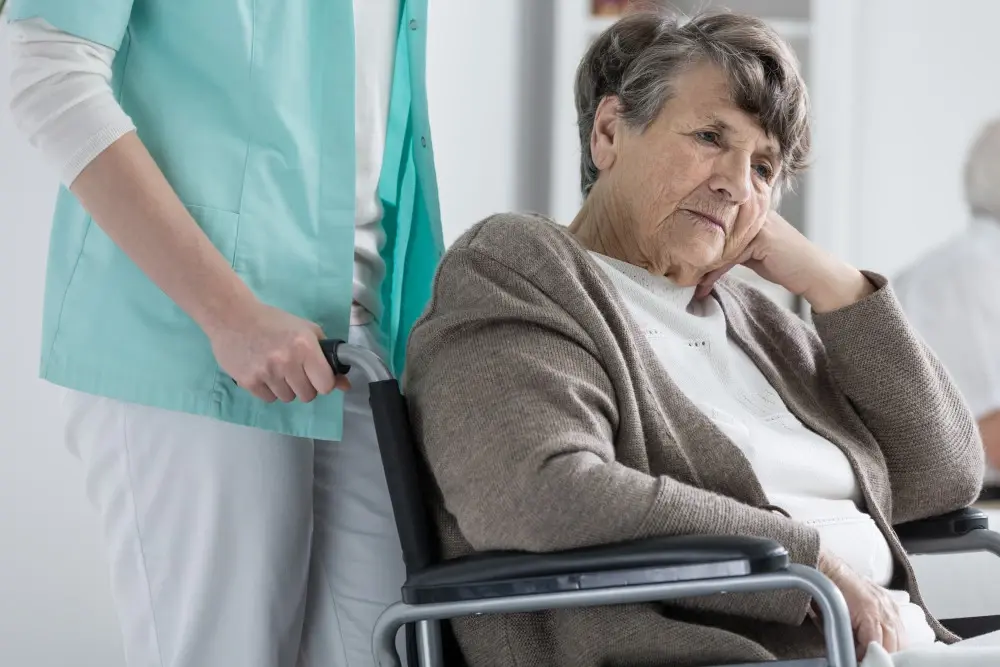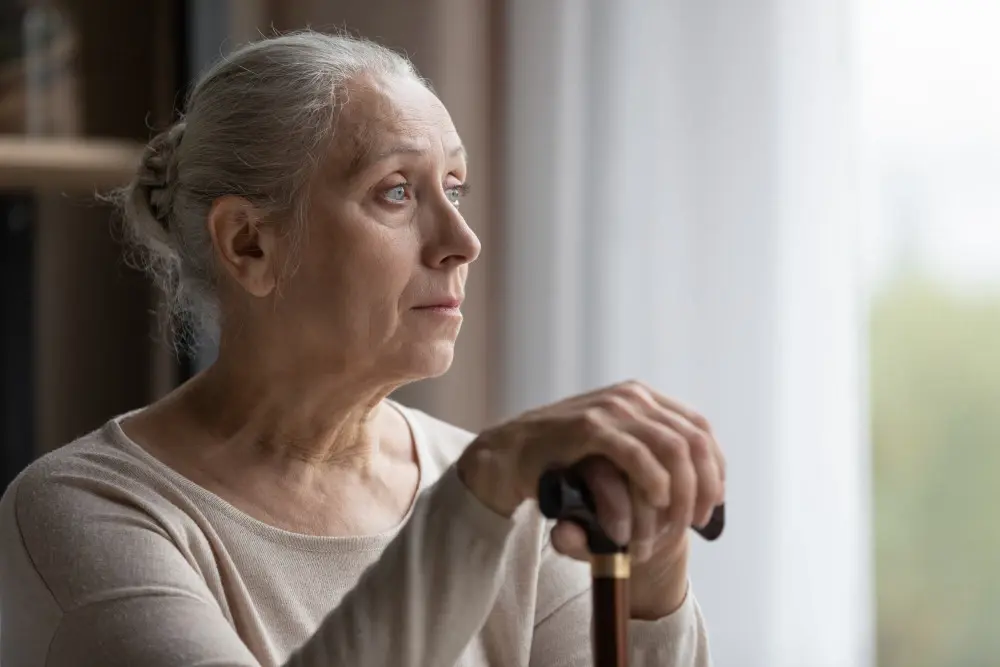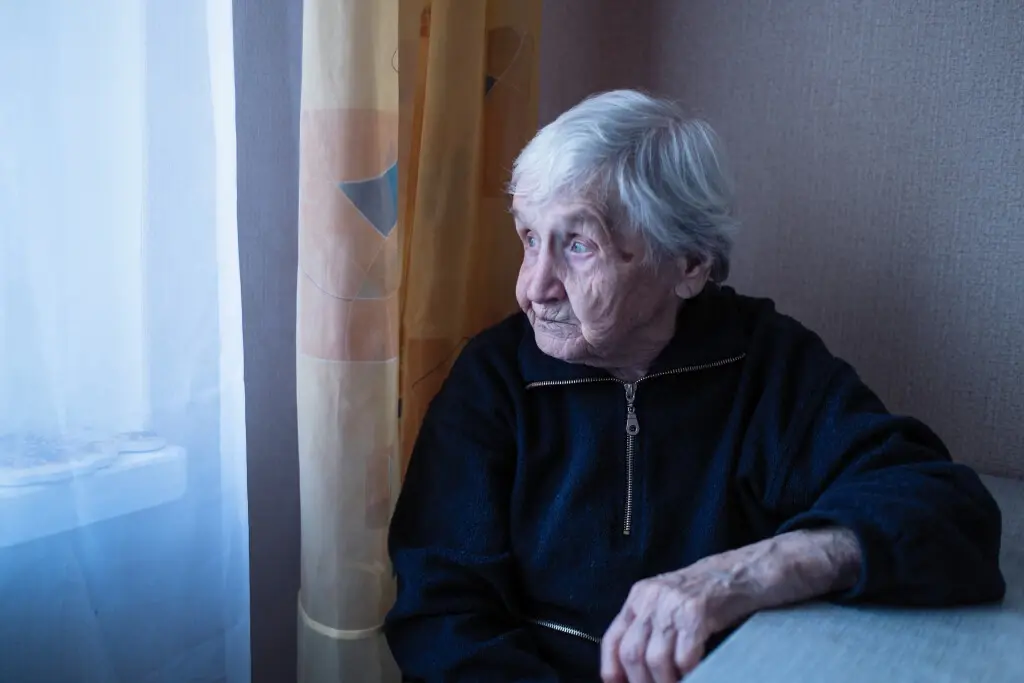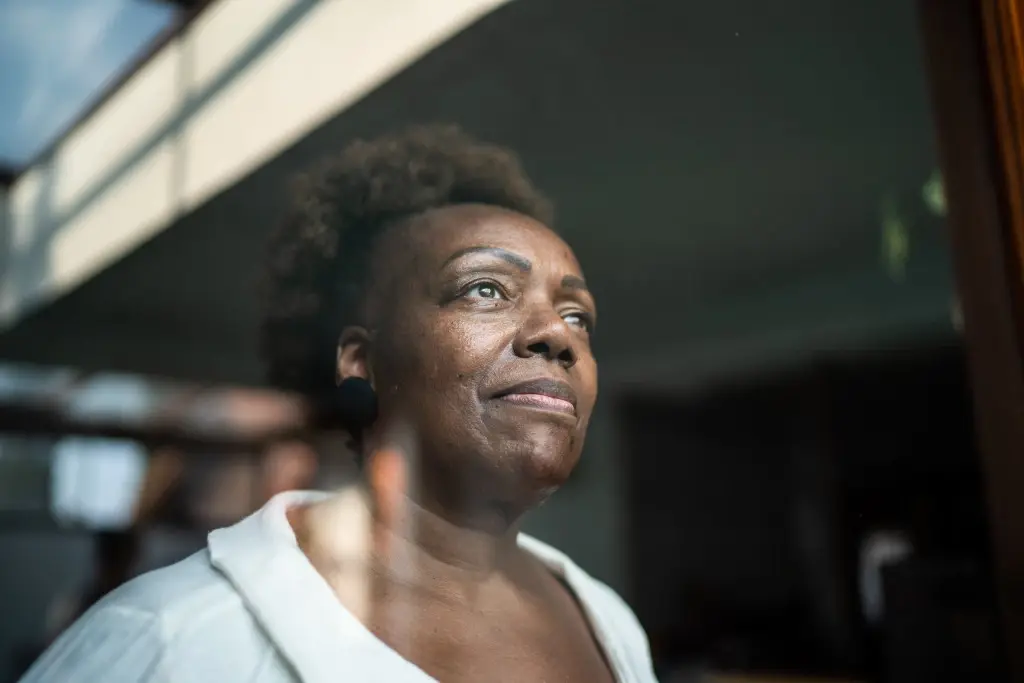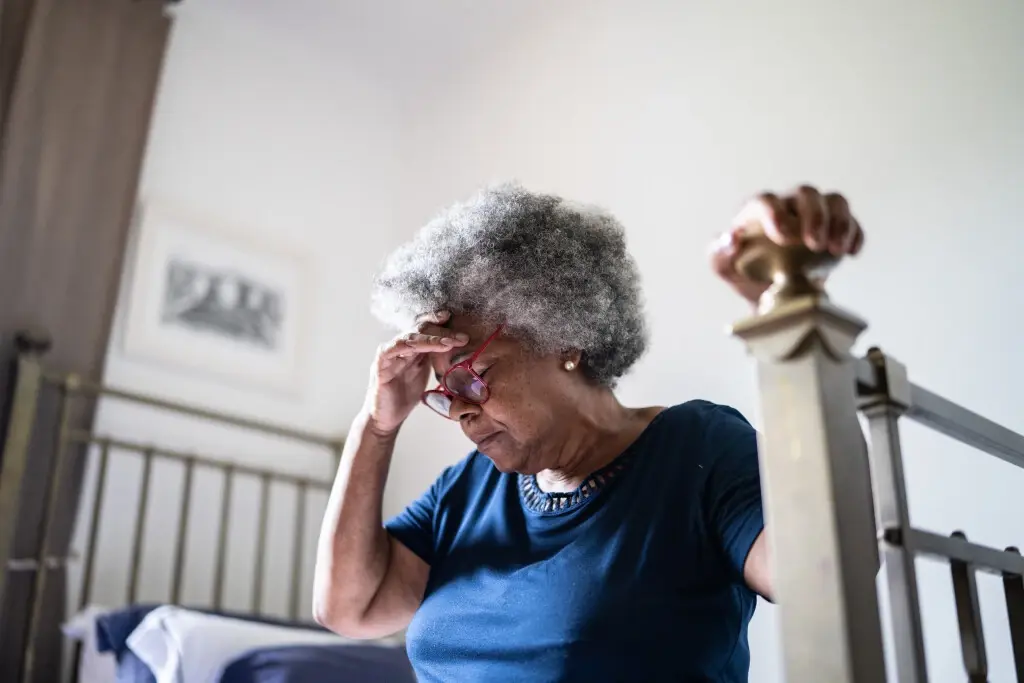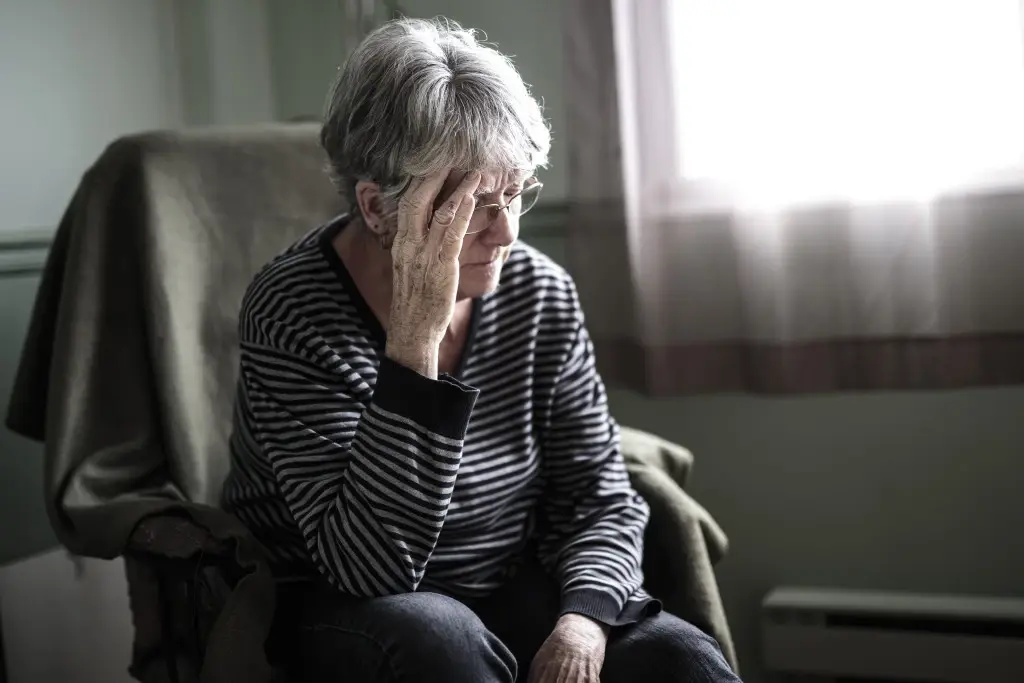My loved one is suffering nursing home neglect. What do I do?
If your loved one is experiencing nursing home neglect, it’s crucial to take immediate action to protect their well-being. Contacting a lawyer specializing in elder law or nursing home abuse is the first step. They can help you document the neglect, file complaints with the appropriate authorities, and pursue legal action against the facility if necessary, ensuring that your loved one receives the care and dignity they deserve.
Need to speak to someone about an ongoing nursing home situation? Get in touch.
Speak With an Elder Abuse Attorney
Fill out a free nursing home neglect evaluation below and we’ll help you find out how much your claim may be worth!
What Is
Nursing Home Neglect?
It’s a sad fact, but 9 in every 10 disabled and elderly residents report experiencing nursing home neglect. However, what does that neglect even look like?
- Failing to move, reposition or clean bed-bound residents in a timely manner
- Medication mismanagement (such as missing a dose or giving the wrong pills to your loved one)
- Dehydration and/or malnutrition-related illnesses and vitamin deficiencies
- Fall-related injuries, which often occur in understaffed facilities
- Leaving mobility-impaired residents in isolation (either as punishment or due to inadequate staffing)
- Infections that progress to sepsis and death when staff don’t change dressings on wounds often enough or clean them properly
How Can an Elder Abuse Lawyer Help You?
There are many state and federal laws designed to protect individuals who live in long-term care facilities. When facilities or staff members violate these laws, however, only the resident’s friends and family have the power to intervene. Most residents can no longer do things like drive, look up attorneys online or other, similar options to find help. Indeed, many say they’re scared to report their caretakers for abuse or neglect for fear of retaliation. In some cases, other residents or their own family members are the source of neglect or abuse.
When in doubt, always consult a local lawyer with experience representing elder abuse and neglect claims. That attorney can:
- Tell you whether your loved one may have an eligible claim
- Help protect other residents from suffering similar acts of abuse or neglect
- Report the responsible facility, staff, or others to the appropriate local or state agency
- Explain how long it usually takes to resolve nursing home neglect cases like yours
- Estimate how much money you or your loved one may receive in financial compensation
Recent
Nursing Home Neglect
Articles
GET IN TOUCH
9 in every 10 disabled and elderly residents report experiencing nursing home neglect.
Join Our
Mailing List
Enter your email below to get up-to-date legal articles and tips delivered right to your inbox.

